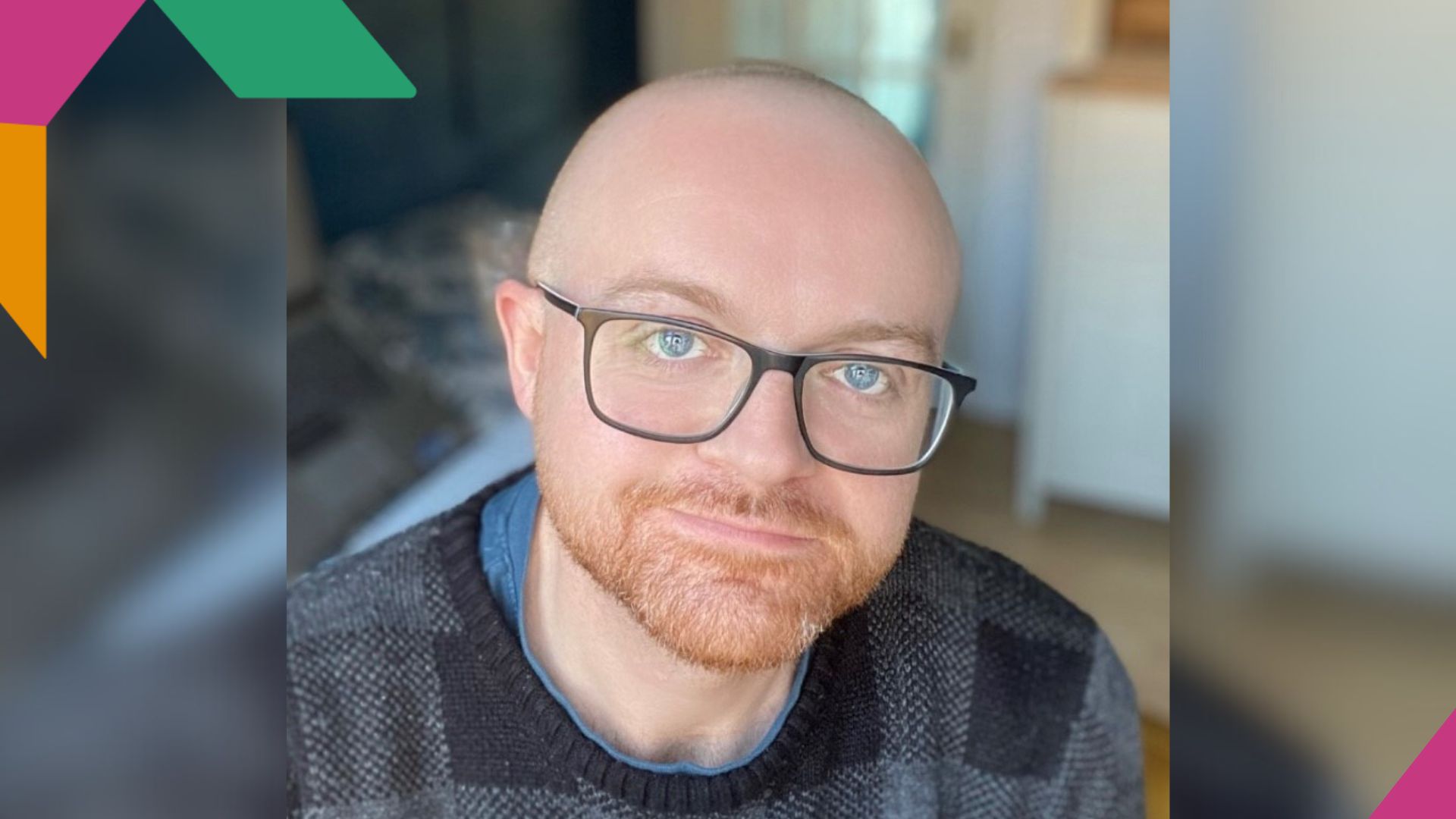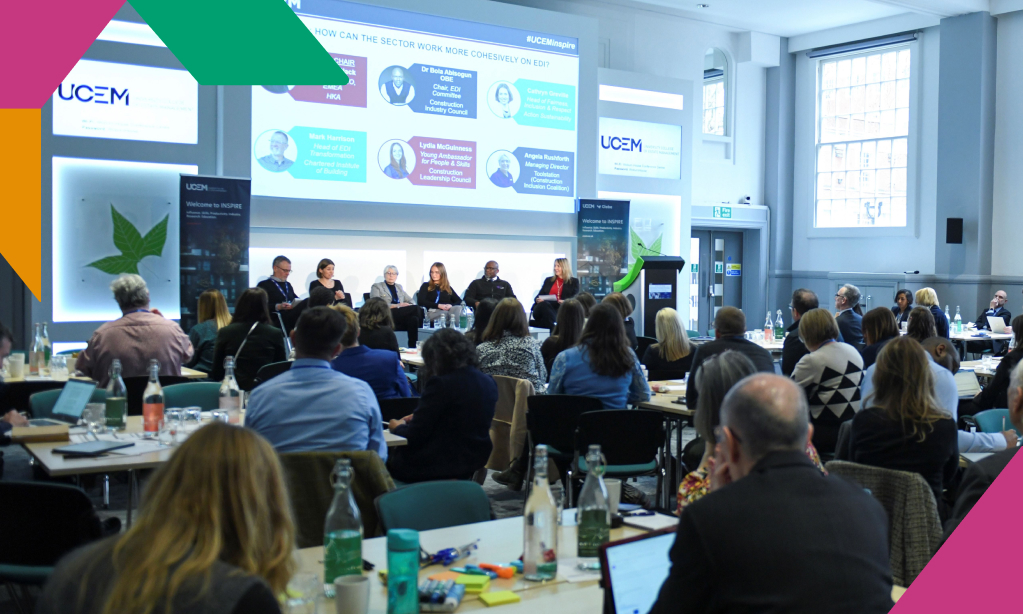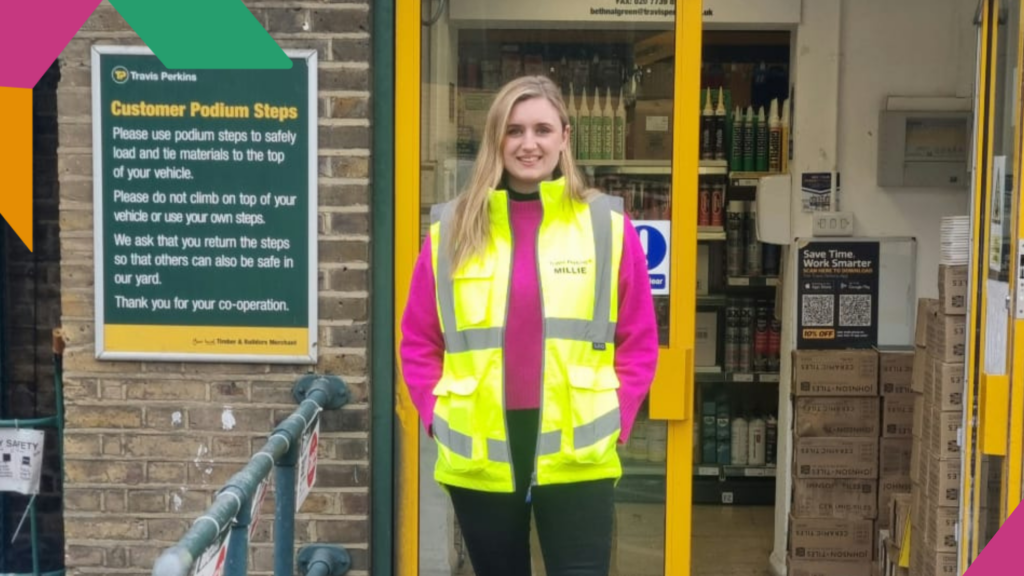Will Silverside is the Internal Communications Lead for Aliaxis UK.
Over the last few years, and especially since watching Channel 4’s ‘It’s a Sin’ I’ve been thinking a lot about how it feels to be a gay man. It’s a Sin is a British drama series written by Russell T Davies which aired in 2021. Set in London between 1981 and 1991, it depicts the lives of a group of gay men and their friends during the HIV/AIDS crisis.
Watching the final episode, I was struck by Jill’s speech about shame.
“That’s what shame does. The wards are full of gay men who think they deserve it. They are dying, and a little bit of them thinks, yes, this is right. I brought this on myself.”
And I realised that I’ve grown up with that feeling inside my entire life; shame. It’s a feeling that so many gay people experience as they grow up. And while I’ve seen positive change in my lifetime in terms of protection and law, that shame remains. And shame is isolating.
I was raised in a Christian household. Church every Sunday, bible study before church, parents who were the church band. And at church, I was told that people like me, unless they rejected everything that felt natural to them, were on a path to Hell. And I sat there as a little gay 11-year-old, completely alone, too scared to tell anyone that I was gay, deeply ashamed.
At home, my parents would make comments about gay people when they occasionally popped up on TV, not realising the impact those words would have on me. I have two sisters and a brother, all of whom are older than me, and none of them ever disagreed with my parents when those comments were made. When I came out at the age of 15, my siblings couldn’t have been more supportive and it turned out, they didn’t agree with my parents’ views at all. But their silence in those moments made me feel incredibly alone. I’d hidden a huge part of myself for years because I didn’t feel like I had an ally in my own family. All that shame, for all those years and all I needed was to know someone had my back.
So, how do you reverse feelings of shame about such fundamental parts of who you are? It absolutely helps that my family has accepted me for who I am, including my parents whose views have changed and evolved over the years.
But here’s an interesting realisation I’ve only made in the last couple of years… The opposite of shame is pride.
And that’s the reason Pride Month is still so important, even though we live in a time when members of the LGBTQ+ community are protected by law. We need to reverse those feelings of shame.
We deserve to embrace who we are and feel proud of it because somewhere out there is an 11-year-old gay, lesbian, bisexual, trans, or non-binary kid who feels alone, ashamed, and perhaps that no longer being alive is better than being who they are.
If that isolated kid sees others speaking up for their rights, marching in parades and loving themselves, they’ll know they aren’t as isolated as they may feel. They have allies. Companies with big platforms who support Pride also send a message to that kid; you’re not alone, there are others like you and most importantly, there is no need to feel ashamed.
Allies help to amplify the message of acceptance that the LGBTQ+ community has been advocating since the late 1960s. Being an ally can be as simple as speaking up when someone says something you disagree with. You can go further by actively supporting causes and defending LGBTQ+ rights.
So, if you consider yourself to be an ally, I urge you to be vocal about it with your loved ones. A member of your family may well be hiding a part of themself from you, and if they hear you supporting the LGBTQ+ community, that may be all they need to embrace who they are and replace any feelings of shame with pride. If a friend or a family member comes out to you, consider this scene from Netflix series ‘Heartstopper’, a masterclass in how to handle this situation. I still get tears in my eyes watching this scene, wishing it reflected my own experience.
Before I sign off (and thank you for making it all the way to the end), last June I joined the march for my first ever Pride event in London. Seeing the love and support from the thousands of allies who lined the streets was overwhelming and emotional for me. I couldn’t help thinking about the little scared gay 11-year-old me holding back tears in the Sunday school classroom. I wished so much that I could tell him all about the day that he would one day have, how much better things are when you celebrate who you are and surround yourself with allies.











